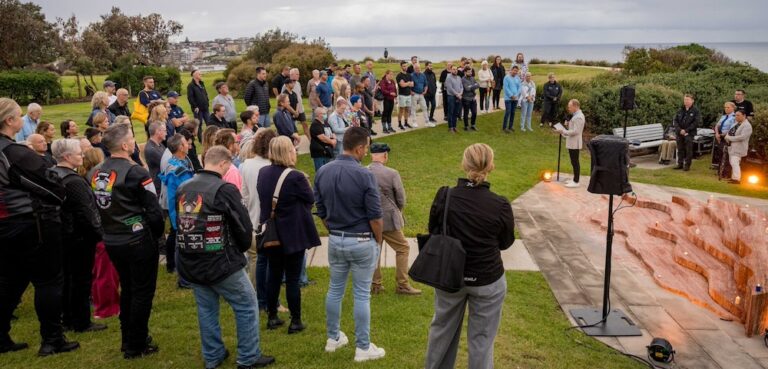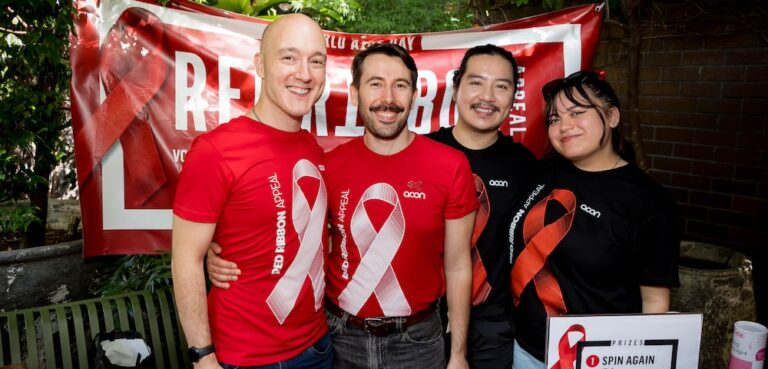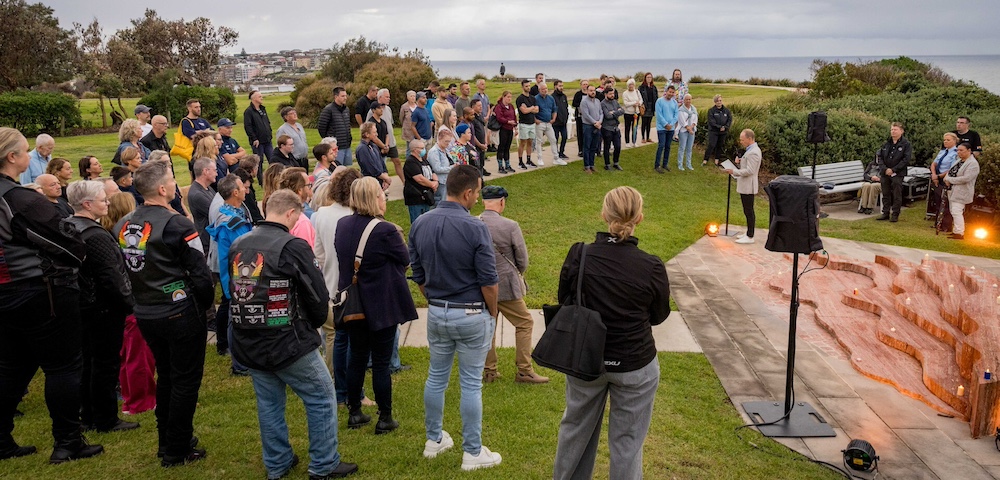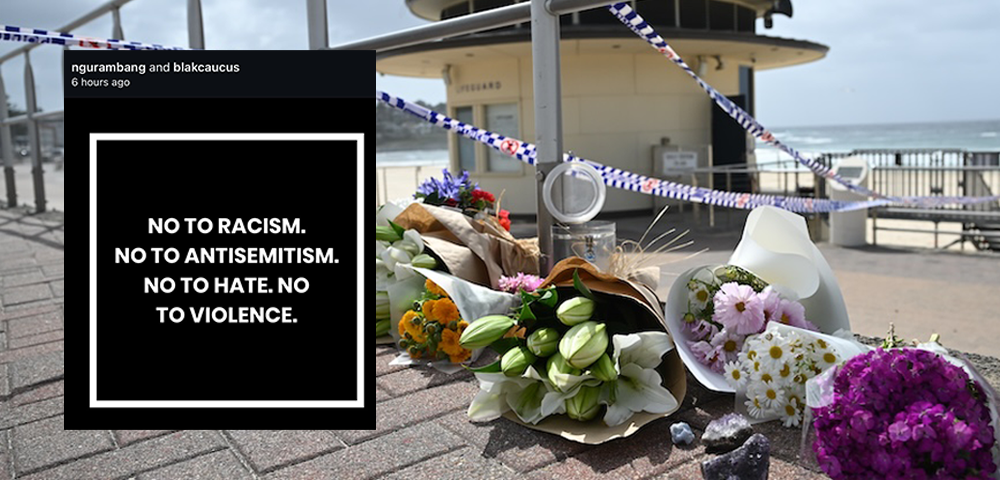
Order of Australia honour for a pioneer in the HIV response
COMMUNITY pioneer in the response to HIV and AIDS Don Baxter has been appointed a member of the Order of Australia, highlighting the role Australia played in defining the global response to the epidemic.
Baxter received the honour on Australia Day for his “significant service to the community as an advocate for people affected by and living with HIV/ AIDS”.
The former senior executive of both ACON and the Australian Federation of AIDS Organisations (AFAO) also helped establish the Global Forum on MSM (men who have sex with men) and HIV and currently sits on the board of the Global Fund to Fight AIDS, TB and Malaria.
“Being able to do this work, being appointed to and selected for these positions, it’s actually been a privilege,” Baxter told the Star Observer.
“Many parts of it were horrific really, with many friends dying and all of that – but very few people in society really get the opportunity to work in and be remunerated for the most passionate thing in their lives.”
Current AFAO executive director Rob Lake congratulated Baxter.
“Australia’s initial response to the AIDS crisis in the 1980s is rightly acknowledged today as a global benchmark – and Don was a key driver of that,” he said.

“Don is a true legend of Australia’s HIV response and all of AFAO’s members congratulate him warmly on his much-deserved honour today.”
Since stepping down from his role as head of AFAO in 2011, Baxter (pictured above) has continued to work in a voluntary capacity with the global HIV and AIDS organisations, and has been instrumental in helping to set the agenda for the global response for the epidemic going forward.
From his work on the ground at the beginning of the AIDS epidemic in 1980s Australia to now working at the highest levels of the global response, Baxter said he was well aware of how Australia’s early successes continued to be looked to by the global community.
“We saw early on the need for protection and encouragement of the populations most at risk, and that meant a whole series of things: legal changes, funding and fostering of organisations led by and staffed by people from those communities, and the necessity of developing a comprehensive strategy where a whole range of players, not just the health system, got involved,” Baxter said.
“That became really the model for the world. So if you look at the Global Fund’s new strategic plan, it’s very much adopting all of these principles.”
Baxter said that while the Australia’s domestic response has continued to be effective for the most part, there was more we could be doing internationally, particularly in the Asia-Pacific region.
“Each country has its own particular epidemic in a particular political context, and we have to be careful not to be ramming our responses down other people’s throats,” he said.
“The role we should be playing is often to be strategic advisers for them… We’re doing it successfully but at far too small a scale.”









